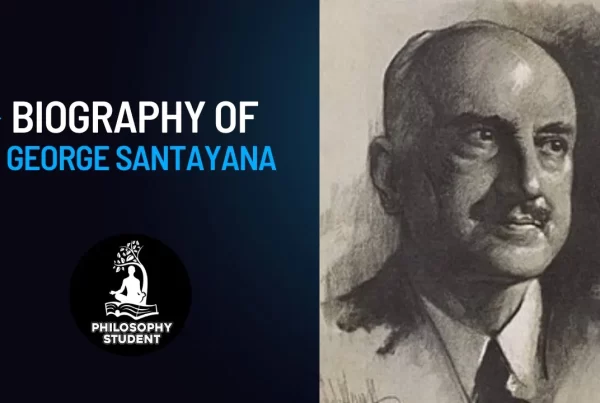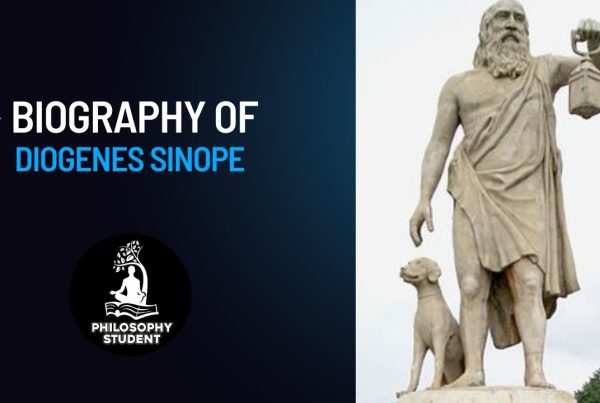The French Revolution sparked legal and political reforms across Europe, which brought with them their accompanying philosophical frameworks. In England, Jeremy Bentham (1748–1832) advocated for a variety of democratic reforms in terms of parliamentary representation and prison sentencing, all of which were articulated within his philosophy, later dubbed “Utilitarianism” by John Stuart Mill (1806-1873). Bentham’s leading idea was that, since happiness is the only good, our ethical obligations are simply to maximize the overall happiness of society, the “greatest good for the greatest number.”
Such a philosophical view provided a straightforward justification for Bentham’s political views, including his advocacy of women’s (at least partial) equality. It also led him to reject any notion of individual rights or the idea of a contract between individuals and the state. One obeys the law simply because it maximizes the overall happiness.
Utilitarianism was further developed and refined by Mill, who attempted to put the principles on more empirical grounds. He agreed with Bentham that man is primarily motivated by the pursuit of pleasure (psychological hedonism) but argued that this can take on associative meanings, and that such pursuits need not be entirely egoistic. Problems remained, however, as to how overall happiness was to be calculated and in the notion that no amount of individual injustice was prohibited provided it added to the “greater good.”




































